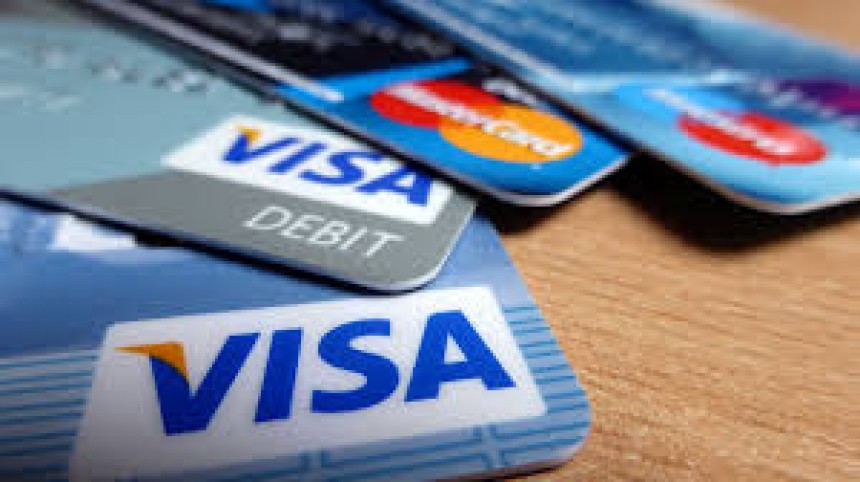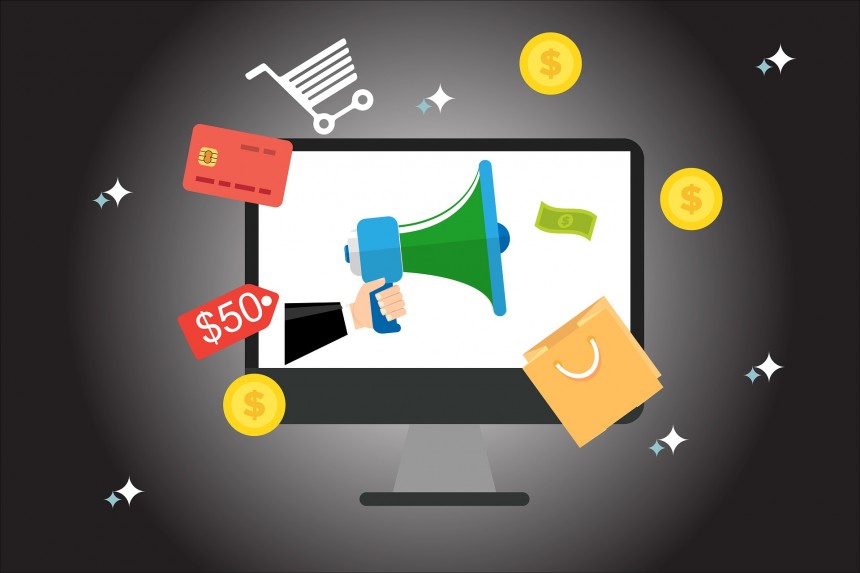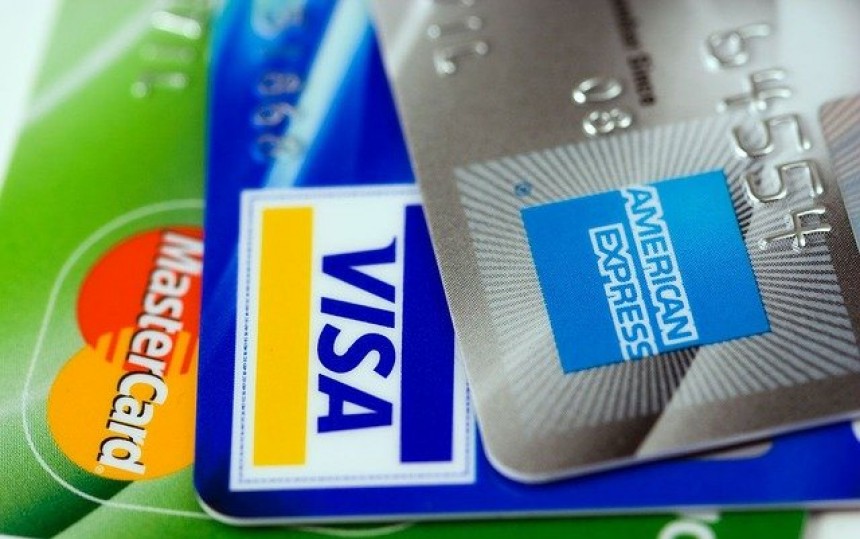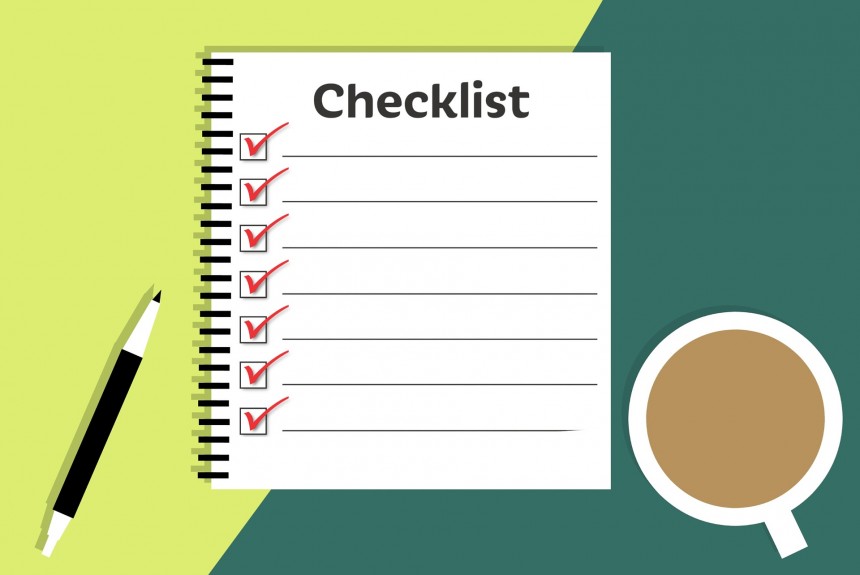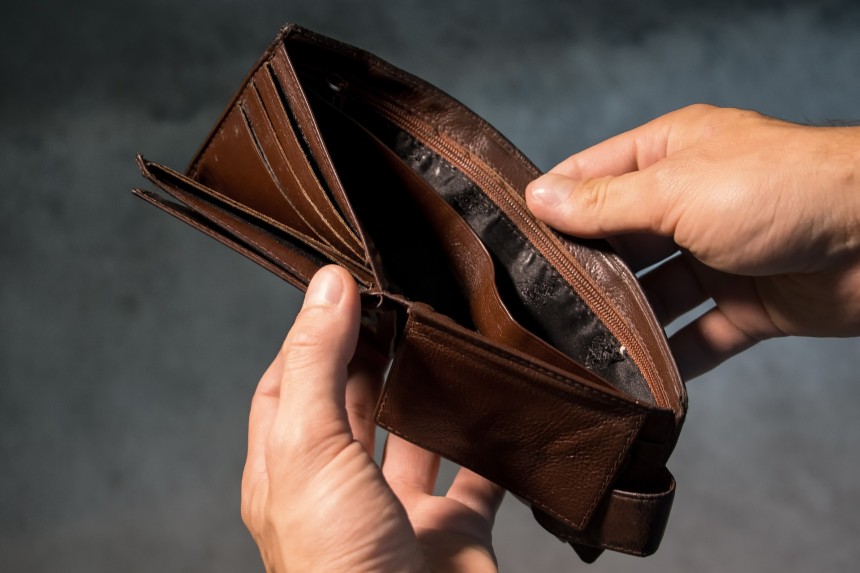
How To Improve Your Credit Score After Bankruptcy
How To Improve Your Credit Score After Bankruptcy
We all know that having a bad credit score can cause problems for us in many ways. Unfortunately, one of the most common reasons people file for bankruptcy is because they have incurred too much debt and had nowhere else to turn. If you've just emerged from filing for bankruptcy and want to try and improve your situation so it doesn't happen again in 2022, there are a few things you need to know in Canada.
The first thing you need to do after filing for bankruptcy is pay off all of your debt. This includes credit cards, lines of credit, and loans. If you can't afford to pay off all of your debt right now, start by making one final payment on each account, including those which were discharged in the bankruptcy.
After you have paid off your debt from the previous step, start putting some money away for a rainy day. This will help ensure that if something goes wrong and you need more money for a bankruptcy application in 2022, you're not going to rack up more credit card debt. A simple way to do this is by putting $10/month into an envelope and using it for emergencies only.
Your credit report is one of the most important things to check after filing for bankruptcy in Canada because it will show what lenders think of you. By checking your report, you can begin to build up your credit score by ensuring that there are no errors on it. Also, you want to start making sure the information is accurate so lenders have a more complete picture of what you are like as a borrower instead of just defaulting to your bankruptcy.
After you have paid off your debt, started saving money, and checked your credit report, it's time to start applying for new credit again. Do not apply for any credit cards or loans until three years have passed after filing for bankruptcy because this will lower your scores even more. Not only that, but lenders are going to think that you are not financially responsible if you start applying for loans immediately after filing.
While it can be tempting to apply for an unsecured credit card, this is not the best course of action to take after filing for bankruptcy in Canada. Instead, apply for a secured credit card instead because it's a much lower risk for the lender and it doesn't have a negative impact on your score. Also, you can use this new credit line to build up your score again before applying for an unsecured card.
If you follow these steps, you should be able to improve your credit score in Canada after filing for bankruptcy without much effort. However, it will take some time for your score to get back up to where it was before filing for bankruptcy, so you need to be patient.
Your credit report is a key component of your overall score, so it needs to be accurate in order for you to improve your score in Canada. Make sure you check it on a regular basis and maybe even ask for a free copy every year from the three main credit reporting agencies: Equifax, TransUnion, and Experian. Also, check to see if there is any incorrect or obsolete information on your report because this can hurt your score as well.
If you have trouble with managing your finances, it might be time to seek out a credit counselor in Canada. These people will help you develop a plan to manage your money and with proper budgeting, you should be able to avoid going back into debt again in the future.
If you do make a mistake and need to file for bankruptcy in Canada, don't look at it as the end of the world because there's always next time! However, you want to make sure that your bankruptcy is as clean as possible so you have the least amount of negative impact on your credit score. Try to keep some money aside in savings so you can pay off any creditors before filing for bankruptcy if you think they are going to take more than 25% of your income. If you do all of this, you should be able to improve your credit score without too much trouble.
Secured credit cards are the easiest way to start rebuilding your credit score after bankruptcy in Canada because they have a lower risk for lenders. Furthermore, you can put down an initial deposit large enough to get the card issuer's attention but not so much that it hurts your budget if you don't pay it back right away. Make sure you use this card for small, monthly purchases and pay the balance off every month because if you miss a payment, it will hurt your credit score.
Getting a credit card right after bankruptcy. Very bad. Do not do this EVER!
Very bad. Do not do this EVER! Using your cards recklessly and spending money you don't have. This hurts your score because it shows that you are irresponsible with managing money and could be unable to pay back creditors if necessary (by far the single biggest factor in scoring).
This hurts your score because it shows that you are irresponsible with managing money and could be unable to pay back creditors if necessary (by far the single biggest factor in scoring). Not checking your credit report for mistakes. If there's a mistake on your credit report, this can hurt your score more than being bankrupt. If you have a bankruptcy, go to annualcreditreport.com and get a free report from all three agencies every year.


